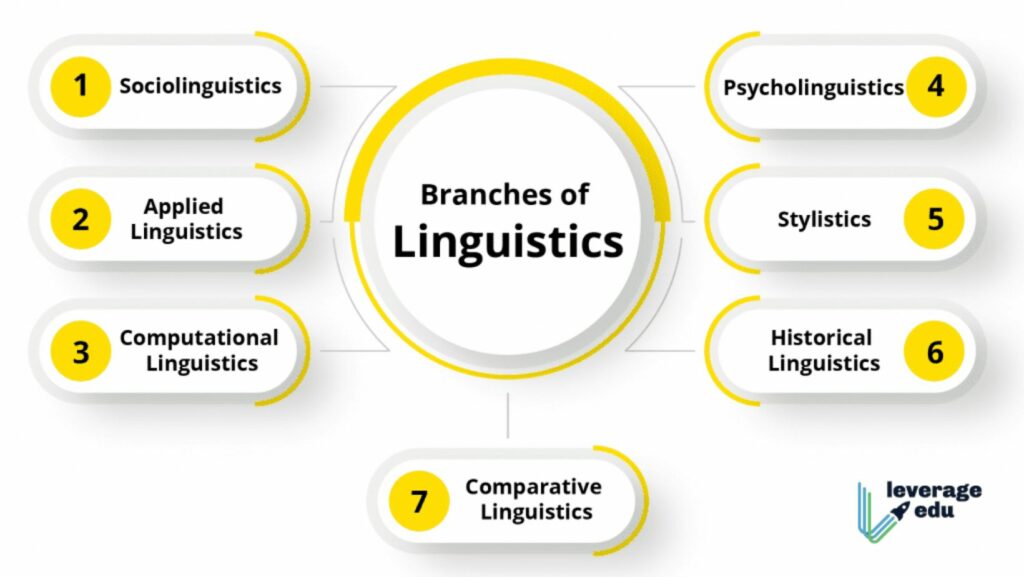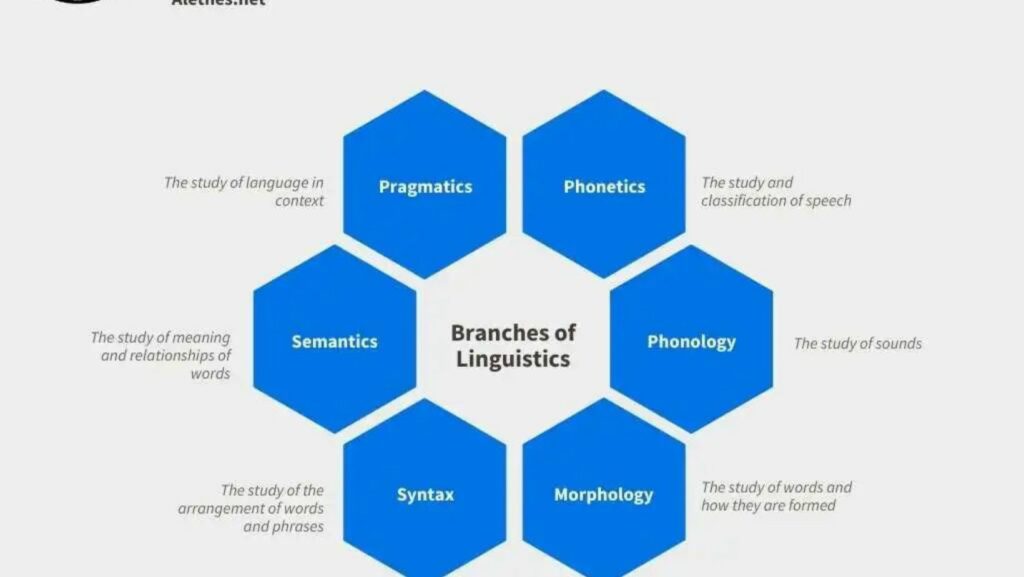
Father of Linguistics
Often hailed as the father of linguistics, the figure behind the inception of this intricate field holds a significant place in the realm of language studies. His groundbreaking contributions have shaped the way we understand and analyze languages, laying the foundation for modern linguistic theories. With a keen eye for patterns and structures in language, he revolutionized the study of communication, unraveling the complexities of human speech and writing systems.

Through his pioneering work, the father of linguistics not only deciphered the underlying principles of various languages but also influenced generations of scholars to delve deeper into the mechanics of communication. His legacy continues to inspire linguistic enthusiasts and researchers worldwide, underscoring the enduring relevance of his seminal ideas in the ever-evolving landscape of language studies.
Defining the Father of Linguistics
The Father of Linguistics is a title held by pioneering individuals who have made groundbreaking contributions to the field of language studies. These eminent figures have played a pivotal role in shaping the landscape of linguistics as we know it today.

Who Holds the Title
Renowned linguists such as Ferdinand de Saussure, Noam Chomsky, and William Labov are among those who have been revered as the Father of Linguistics for their profound impact on the study of language. Each of these scholars brought unique perspectives and theories that have redefined linguistic research and theory, solidifying their status as pillars of the discipline.
Impacts on Modern Linguistics
The work of the Father of Linguistics has had a lasting effect on modern linguistic theories and methodologies. Their insights and theories have laid the foundation for contemporary research in areas such as syntax, semantics, and sociolinguistics. By delving into the core principles of language structure and usage, these scholars have inspired generations of linguists to continue exploring and expanding our understanding of human communication.
Early Achievements in Linguistics
Ferdinand de Saussure, Noam Chomsky, and William Labov made pivotal strides in linguistic studies, leaving a lasting impact on the field. These exceptional scholars revolutionized language research, particularly in syntax, semantics, and sociolinguistics, setting the stage for further exploration in human communication intricacies.
Key Contributions and Theories
Saussure’s structuralist approach laid the foundation for modern linguistics by introducing the concepts of synchrony and diachrony. Chomsky’s transformational-generative grammar theory redefined the understanding of language acquisition and universality, while Labov’s sociolinguistic studies unveiled the social dimensions of language variation.
Recognition and Influence
Their groundbreaking research continues to shape linguistic inquiries worldwide, inspiring new generations of scholars to delve deeper into the nuances of language structure and usage. The enduring influence of Saussure, Chomsky, and Labov underscores their enduring legacy as pioneers in the dynamic realm of linguistics.
Comparisons with Contemporary Linguists
Ferdinand de Saussure, Noam Chomsky, and William Labov have left indelible marks on the discipline of linguistics. Their innovative methodologies and theories have significantly influenced modern linguistic research, specifically in syntax, semantics, and sociolinguistics, shedding light on the complexities of human communication.

Similarities in Linguistic Approaches
These linguistic pioneers share common ground in their commitment to exploring language structures and systems. Saussure, Chomsky, and Labov all delved into the structural components of language, emphasizing the importance of syntax and semantics in understanding linguistic phenomena.
Diverging Theories and Ideologies
Despite their overarching contributions to the field, each scholar presented unique theories and ideologies that set them apart. Saussure’s focus on synchrony and diachrony paved the way for structuralism in linguistics, while Chomsky’s revolutionary work on transformational-generative grammar challenged traditional views on language acquisition. Labov, on the other hand, brought attention to the social implications of language variation, highlighting the intricate relationship between language and society.
The father of linguistics has left an indelible mark on the field, with Saussure, Chomsky, and Labov revolutionizing linguistic studies. Their groundbreaking theories continue to shape language research and technological advancements, underscoring the enduring relevance of their work in understanding human communication.The impact of these scholars extends beyond academia, influencing the development of AI technologies and natural language processing tools.
